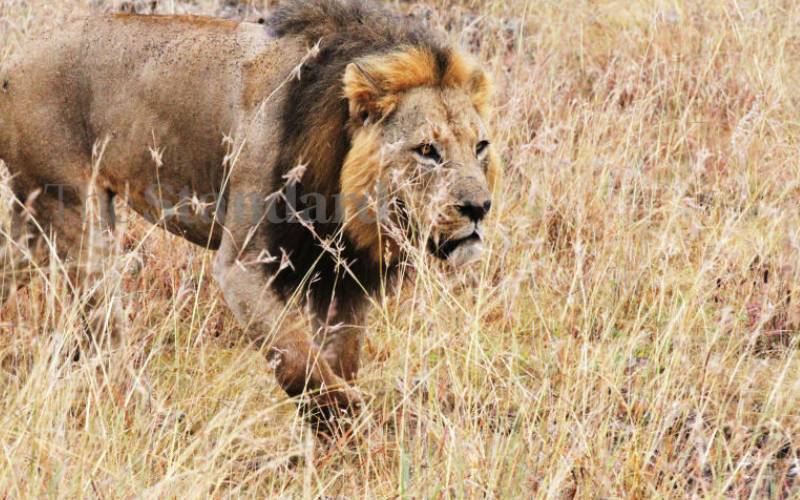
Lion on the hunt at Nairobi National Park. [Elvis Ogina, Standard]
Reports on the exotic transformation giving a new home to rare African animals in the United Arab Emirates have sparked debate with a section of environmentalists criticising the move.
After seven years of construction, the Sharjah Safari Park at the al-Bridi Nature Reserve in UAE’s Sharjah City opened its doors two weeks ago.
Facts First
This story continues on The Standard INSiDER. Subscribe now for unfiltered journalism that holds power to account.
Already have an account? Login
 The Standard Group Plc is a multi-media organization with investments in media
platforms spanning newspaper print
operations, television, radio broadcasting, digital and online services. The
Standard Group is recognized as a
leading multi-media house in Kenya with a key influence in matters of national
and international interest.
The Standard Group Plc is a multi-media organization with investments in media
platforms spanning newspaper print
operations, television, radio broadcasting, digital and online services. The
Standard Group is recognized as a
leading multi-media house in Kenya with a key influence in matters of national
and international interest.











